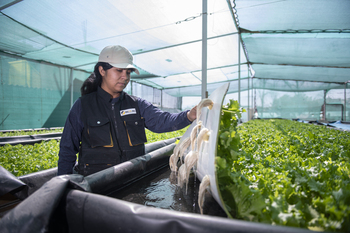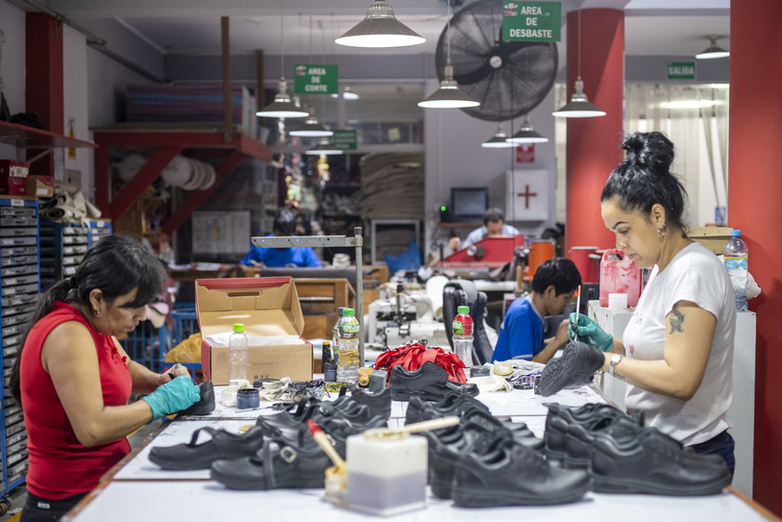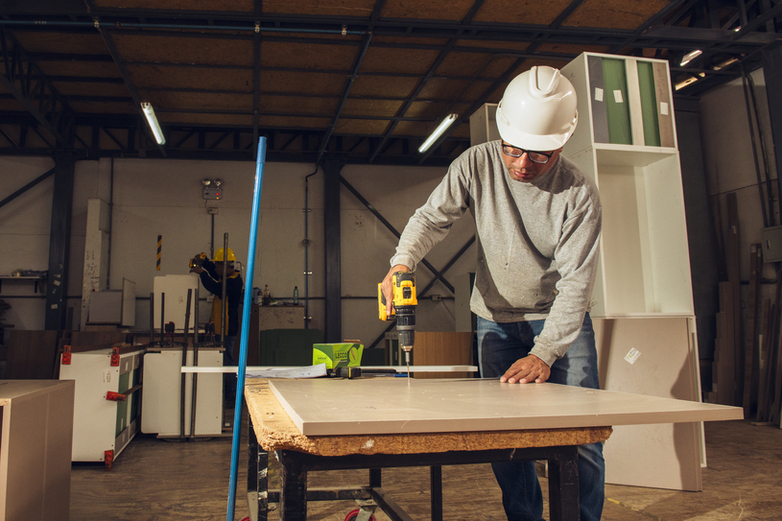Integrating a circular economy into climate-friendly supply chains
Circular economy for a climate-friendly urban development II (ProCircular)
-
Client
German Federal Ministry for Economic Cooperation and Development (BMZ)
-
Country
-
Political sponsors
More
-
Runtime
2025 to 2027
-
Involved
Various stakeholders in Peru: Ministry of Economy and Finance (MEF), National Coalition for a Circular Economy, Technological Institute for Production (ITP), National Programme for Technological Development and Innovation, chambers of commerce, regional development agencies, Peruvian Development Bank (COFIDE), major businesses in the food and beverage industry and in trade, and their small and medium-sized suppliers and business partners
-
Products and expertise
Sustainable infrastructure: water, energy, transport

Context
The Peruvian economy uses resources inefficiently and does not have environmentally friendly economic cycles. This puts at risk national climate protection goals, productivity, and local and international competitiveness. Large businesses have an interest in adapting to new environmentally friendly supply chains and quality standards. The Peruvian Government has therefore prioritised transitioning to a circular economy. To facilitate this, the government has developed the basic conditions and coordination mechanisms while also focusing on companies in the manufacturing and trade sectors. The government also wants to promote cross-sectoral coordination and the dissemination of knowledge from pilot projects.
Objective
The Peruvian Government is promoting an integrated climate-friendly and resource-friendly circular economy in the supply chains of businesses in the manufacturing and trade sectors.
 © GIZ/Miguel Zamalloa
© GIZ/Miguel ZamalloaApproach
The project advises the Ministry of Production on transitioning to a circular economy in the industrial sector, thus contributing to carbon emission reductions from businesses.
It develops and implements technical, economic and financial business models, and in doing so, tests circular economy approaches in pilot businesses.
In addition, the project facilitates knowledge exchange on innovative circular economy approaches – particularly with German businesses – and close cooperation between businesses along the entire value chain, enabling them to share ideas on circular economies. At the same time, the project disseminates the results of the piloted business models in other regions of Peru.

Last update: January 2025






